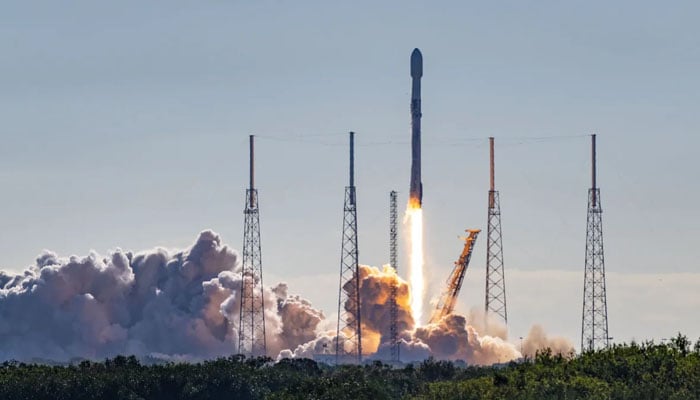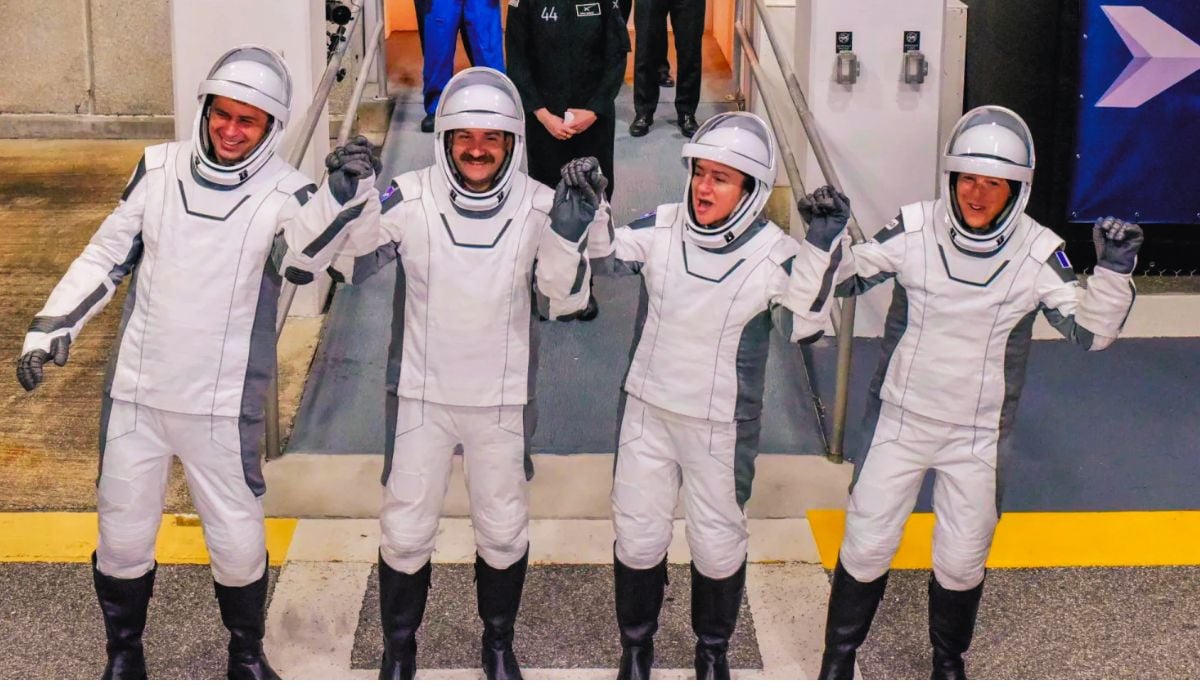Elon Musk's SapceX set to launch India’s first spy satellite — Should Pakistan worry?
India now has 16 satellites with addition of latest spy probe
India plans to launch its first spy satellite made in the country on a SpaceX rocket and constructed by Tata Advanced System (Tas) in April of this year.
The country's fleet of radar imaging satellites (RISAT) will have 16 satellites total after the additional satellite is added, up from 12 in 2019, according to the Economic Times.
India's military espionage-related development raises concerns for Pakistan as except for the Indo-Pakistani War of 1971, India and Pakistan have fought three major wars, one undeclared war, numerous armed skirmishes, and military standoffs since 1947.
This spy satellite will enable India to retain operational secrecy while keeping an eye on infrastructure and acquiring military objectives.
With a ground resolution of about 1.64 feet (0.5 metres), it has also been suggested that the new satellite will assist in monitoring the so-called "Line of Actual Control" with the Chinese border.
The company stated that Tas has been chosen to handle the assembly, integration, and testing of satellites for different uses by the Indian Space Research Organisation (Isro) and two other private enterprises.
After being assessed by Isro, Tas was selected following a strict and fiercely competitive selection procedure.
This is the first time that Isro has let a large-scale commercial sector partner in its satellite construction programme. As a result of this action, Tas will have more options to grow its business by developing satellites for the Indian and international markets.
Under licence from Isro, they will also be able to work on related space technology applications. The developed capabilities would also help Tata Advanced Systems in its continuous growth of the unmanned air systems business.
India had historically depended on intelligence information from outside sources, including the US, even though it had satellites with submeter resolution.
A satellite has recently finished its construction and has been shipped to the US for launch preparations. The satellite was constructed at Bengaluru's TASL facility, which has a yearly production capacity of 25 satellites.
Additionally, TASL and the Karnataka government inked a deal enabling TASL to make further investments in the defence and aerospace industries.
-
‘Smiling electrons’ discovered in Earth’s magnetosphere in rare space breakthrough
-
Archaeologists unearthed possible fragments of Hannibal’s war elephant in Spain
-
NASA's Hubble Space Telescope discovers ‘Dracula Disk', 40 times bigger than solar system
-
Annular solar eclipse 2026: Where and how to watch ‘ring of fire’
-
Scientists discover rare form of 'magnets' that might surprise you
-
Humans may have 33 senses, not 5: New study challenges long-held science
-
Northern Lights: Calm conditions persist amid low space weather activity
-
SpaceX pivots from Mars plans to prioritize 2027 Moon landing












